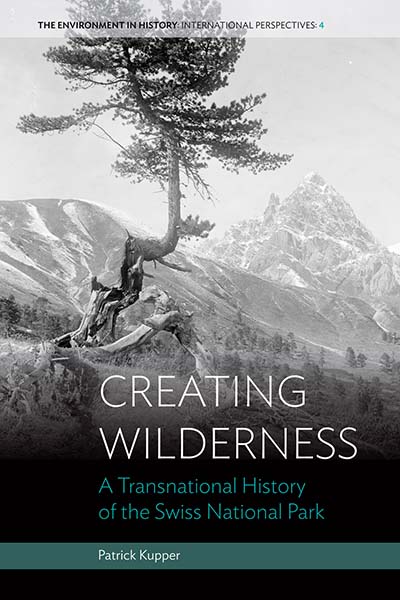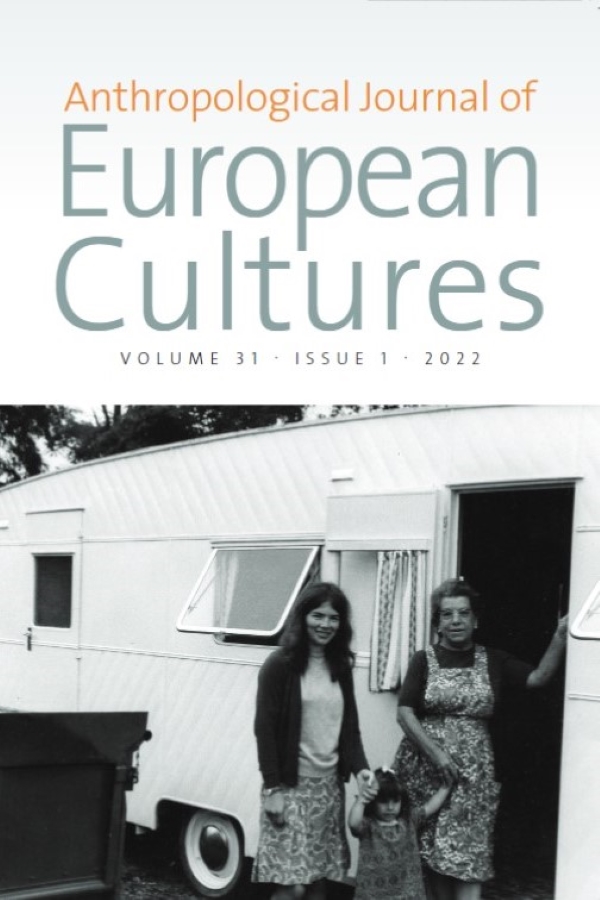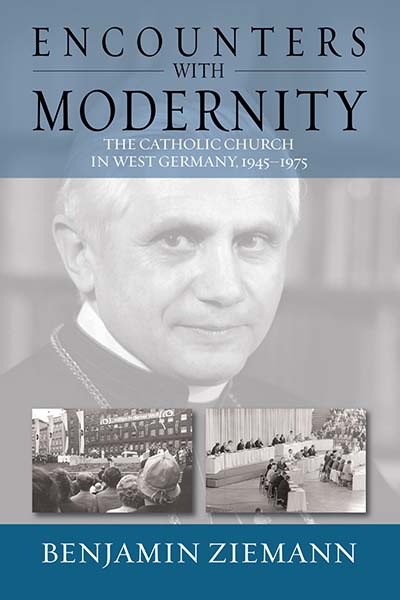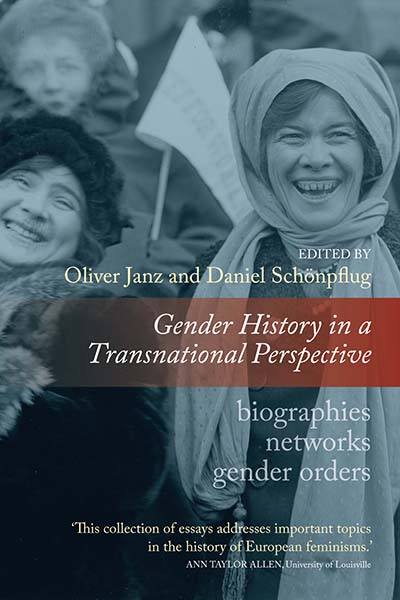 Today, September 4th, is the anniversary of the Fourth World Conference on Women in Beijing, where over 4,750 delegates from several countries were in attendance. Issues discussed at the conference included poverty, education, health, economic rights, and more.
Today, September 4th, is the anniversary of the Fourth World Conference on Women in Beijing, where over 4,750 delegates from several countries were in attendance. Issues discussed at the conference included poverty, education, health, economic rights, and more.
From UNWomen.org: “The United Nations has organized four world conferences on women. These took place in Mexico City in 1975, Copenhagen in 1980, Nairobi in 1985 and Beijing in 1995. The last was followed by a series of five-year reviews. The 1995 Fourth World Conference on Women in Beijing marked a significant turning point for the global agenda for gender equality. The Beijing Declaration and the Platform for Action, adopted unanimously by 189 countries, is an agenda for women’s empowerment and considered the key global policy document on gender equality.”
To celebrate the anniversary of this historic conference and its benefit to women worldwide, we’d like to invite you to glance a free sample issue of Aspasia, or sign up for a 60-day free trial by clicking here.
About Aspasia
Aspasia is the international peer-reviewed annual of women’s and gender history of Central, Eastern, and Southeastern Europe (CESEE). It aims to transform European women’s and gender history by expanding comparative research on women and gender to all parts of Europe, creating a European history of women and gender that encompasses more than the traditional Western European perspective. Aspasia particularly emphasizes research that examines the ways in which gender intersects with other categories of social organization and advances work that explores transnational aspects of women’s and gender histories within, to, and from CESEE. The journal also provides an important outlet for the publication of articles by scholars working in CESEE itself. Its contributions cover a rich variety of topics and historical eras, as well as a wide range of methodologies and approaches to the history of women and gender.
Read the founding statement from the first issue of Aspasia here.
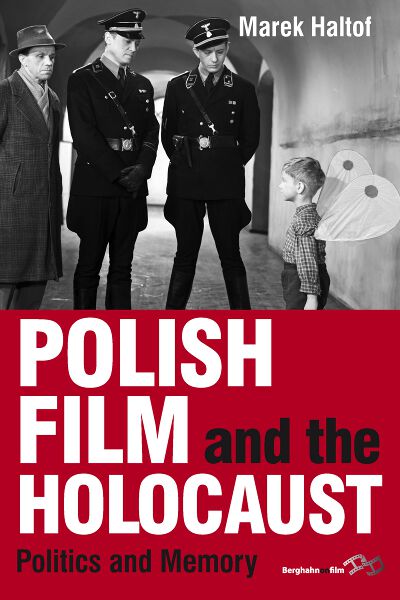 POLISH FILM AND THE HOLOCAUST
POLISH FILM AND THE HOLOCAUST
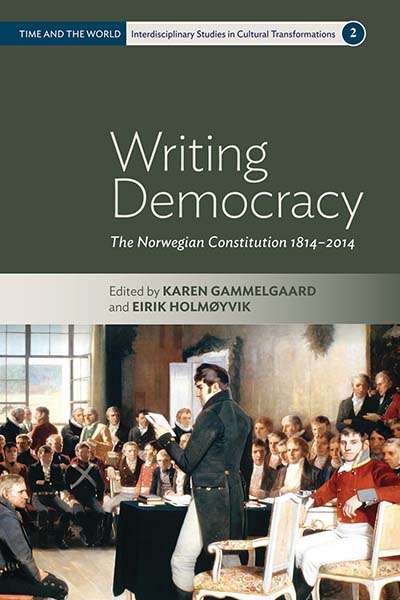
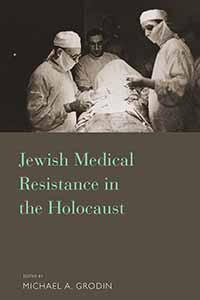

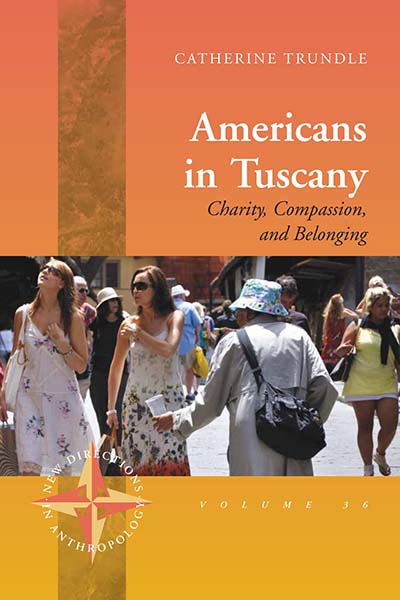
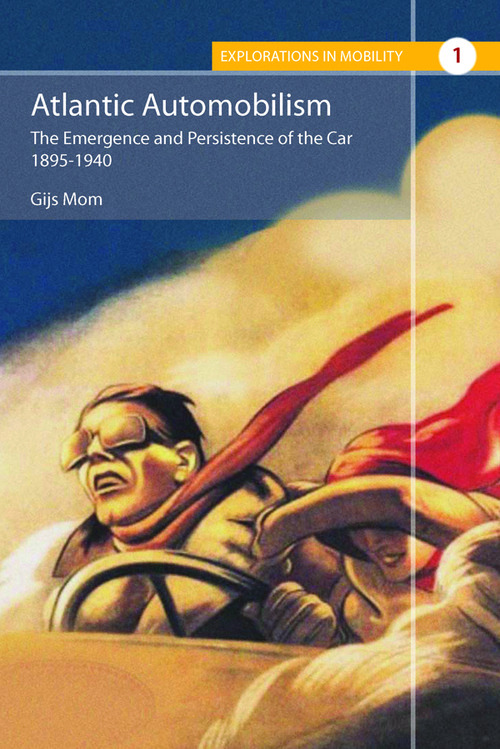 forthcoming!
forthcoming!